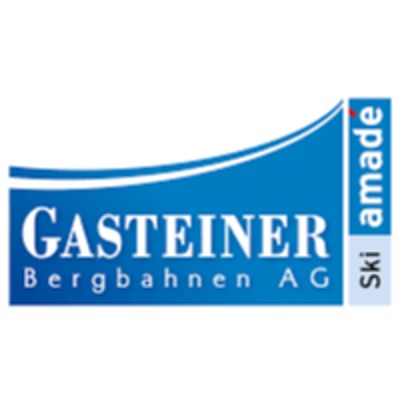Earth Day: How Snowsports Comes Together To Tackle Sustainability

Since its inaugural edition in 1970, Earth Day has evolved into the largest civic event globally, mobilizing billions across 192 countries to protect our planet and advocate for a brighter future. It presents an excellent opportunity to showcase the commitment and collaborative efforts of the Winter Community in reevaluating processes and behaviors related to the organisation of snowsports activities and events.
As emphasized by the Earth Day movement, education plays a crucial role in empowering individuals and organizations to address and find solutions to climate crisis-related issues in a consistent and meaningful manner. Through its Impact Programme, FIS has pledged to embrace an inclusive approach to developing solutions that will allow future generations to continue enjoying snowsports in their natural environment. Ongoing projects such as ‘Snowmorrow’, the Sustainability Webinar Series, and the Sustainability Training Course Working Group exemplify this comprehensive approach, bringing together stakeholders in winter sports to participate in a genuine community effort to educate, reflect, and share knowledge.
‘Snowmorrow’
The ‘Snowmorrow’ Forum, held during the FIS Nordic Junior World Ski Championship in Planica (Slovenia), marked the initial phase of a journey aimed at increasingly involving the younger generation in sustainability issues. This FIS initiative, developed under the Future Food Institute's ‘Snowmorrow’ research project with support from Viessmann and the Slovenian Ski Association, tasked athletes with considering how major events can enhance their effectiveness in three key areas: materials, transport, and communication. Facilitators from the Future Food Institute assisted athletes in presenting their final ideas to a broader audience for integration into the planning of future sustainable events.
In Planica, the next generation of Nordic stars engaged in various activities to prioritize sustainability at major events, including the Forum itself, brainstorming sessions, and participation in a new online community through the #FISimpactshapers activation.
The Sustainability Webinar Series
This four-part webinar series (for the first semester) addresses various sustainability aspects with significant impacts on organising sporting events. Open to National Ski Associations (NSAs) and Local Organising Committees (LOCs) free of charge, each month focuses on a different theme featuring top experts in their respective fields. The inaugural webinar in March addressed climate justice and rainforest protection with contributions from Cool Earth. Next, the Future Food Institute will lead a discussion on food and climate change with the Winter Community on April 23rd. The third webinar in May will tackle the Circular Economy, featuring CSM Live as an expert guest speaker. Finally, in June, NSAs and LOCs are invited to explore energy efficiency in sports facilities, studying the case of the energy audit carried out at the Ski Jumping venue in Willingen (GER) during the past season, with Viessmann and Etanomics as expert contributors.
The Sustainability Training Course Working Group
Increasing awareness and sustainability skills among FIS and its stakeholders worldwide are pivotal for the sport's sustainable development. FIS is developing a training course to educate and engage the Winter Community globally on climate emergency solutions to reduce the sport's impacts. Tailored for a diverse audience, including FIS staff, National Associations, Event Organizers, Athletes, and potentially commercial partners, the course, through a dedicated working group, adopts a bottom-up approach for meaningful development. The Sustainability Training Course Working Group is collaborating to provide expertise, validate content, and offer strategic direction for global delivery and implementation.
Objectives of the working group include:
- Providing feedback and input on the workshop wireframe, priority areas, and content.
- Identifying existing winter sports training resources, best practices, case studies, and visual content to optimize impact.
- Aligning shared objectives with workshop messaging, content, and stakeholder capacity-building needs.
- Identifying suitable candidates/sustainability champions for future course delivery in other languages and geographies.
The FIS Sustainability Training Course Working Group comprises a core group of 16 experts from 9 different countries, including representatives from NSAs and LOCs, as well as (former) athletes and sustainability experts. The training course will be available tothe snow sports community from summer 2024.













